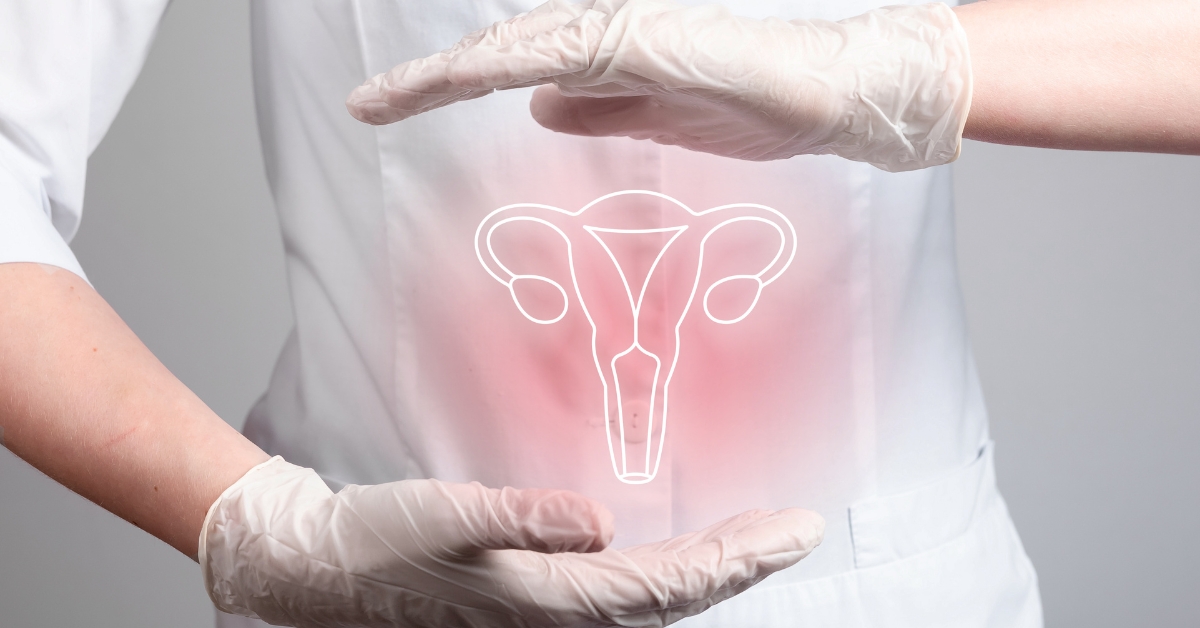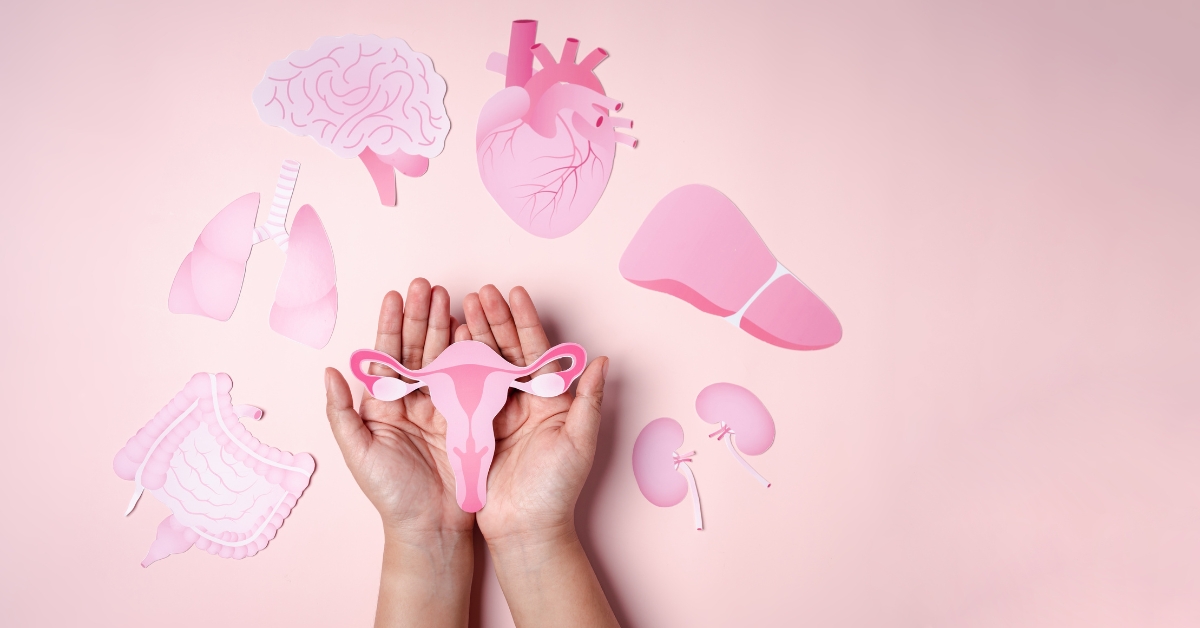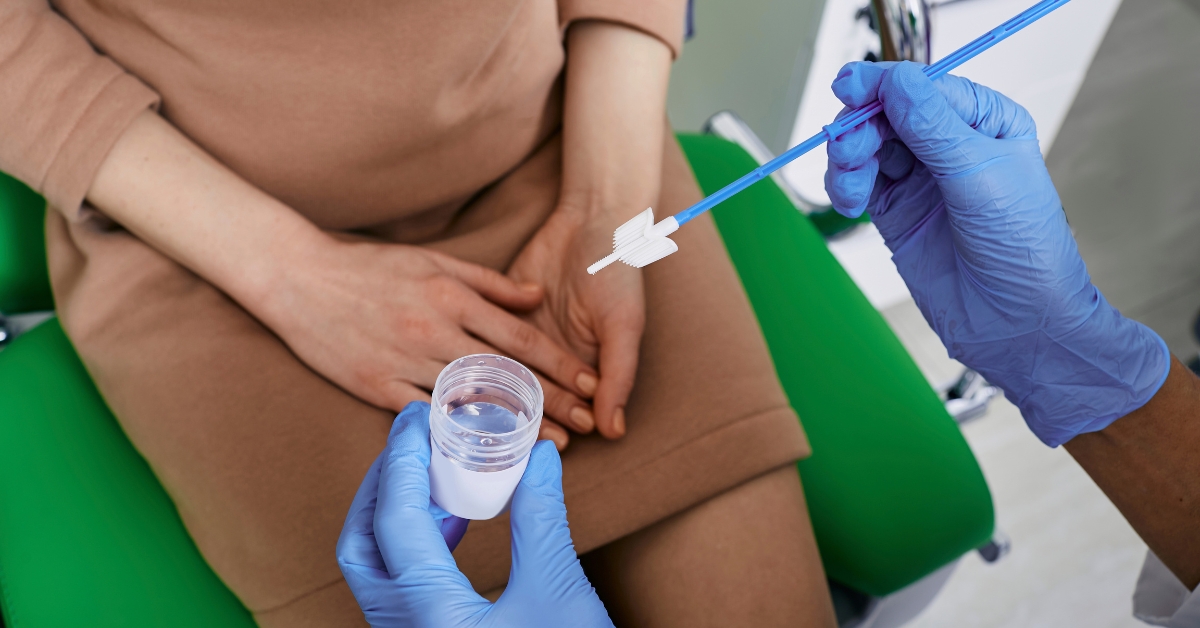Pregnancy is a beautiful and transformative journey in a woman’s life.
It is crucial to prioritize your health and nutrition during this period to ensure your and your baby’s well-being.
A healthy pregnancy diet is vital in providing the necessary nutrients for fetal development and maintaining your well-being.
Table of Contents
In this article, we will provide valuable tips and guidelines for a healthy pregnancy diet.
Eat a Balanced Diet

Maintaining a balanced diet is crucial during pregnancy. Ensure that your meals include a variety of food groups, such as fruits, vegetables, whole grains, lean proteins, and healthy fats. This will provide your body with essential vitamins, minerals, and fiber.
Increase Your Caloric Intake

During pregnancy, your body requires additional calories to support the growth and development of your baby. Consuming an additional 300-500 calories per day is recommended, depending on your individual needs. However, these calories should come from nutritious sources rather than empty calories.
Stay Hydrated

Staying hydrated is essential for both you and your baby. Drink plenty of water throughout the day to maintain proper hydration. Adequate hydration can help prevent common pregnancy discomforts like constipation and swelling.
Consume Sufficient Protein
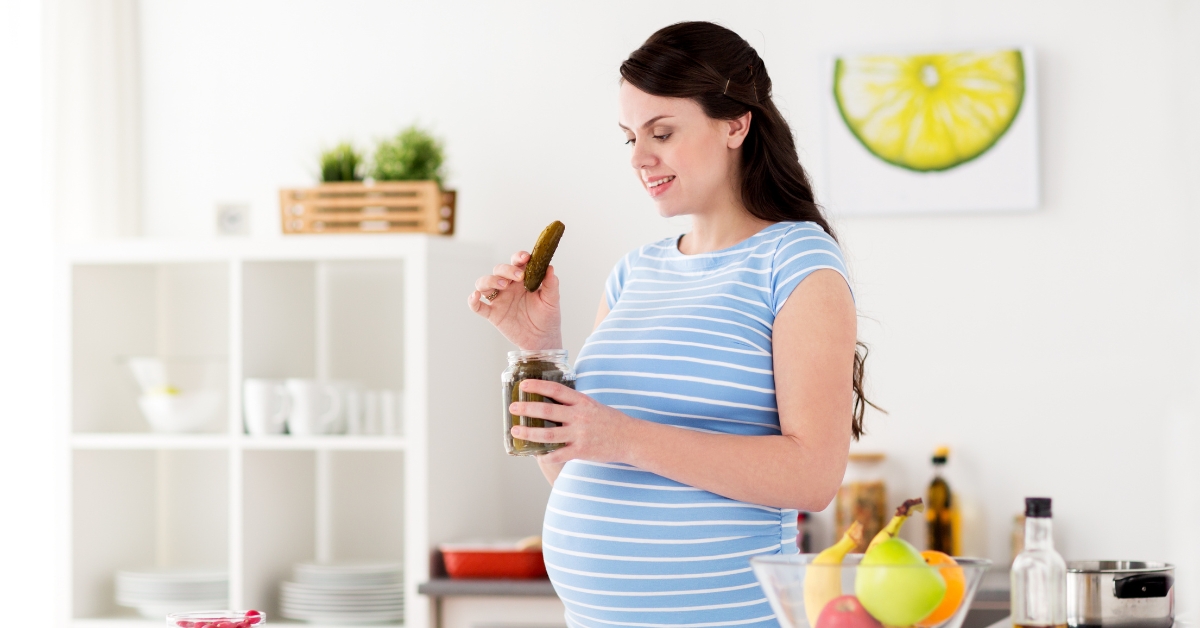
Protein is a crucial nutrient during pregnancy as it supports the growth of your baby’s tissues. Include lean protein sources in your diet, such as poultry, fish, beans, lentils, and tofu. Aim for 2-3 servings of protein-rich foods daily.
Include Iron-Rich Foods
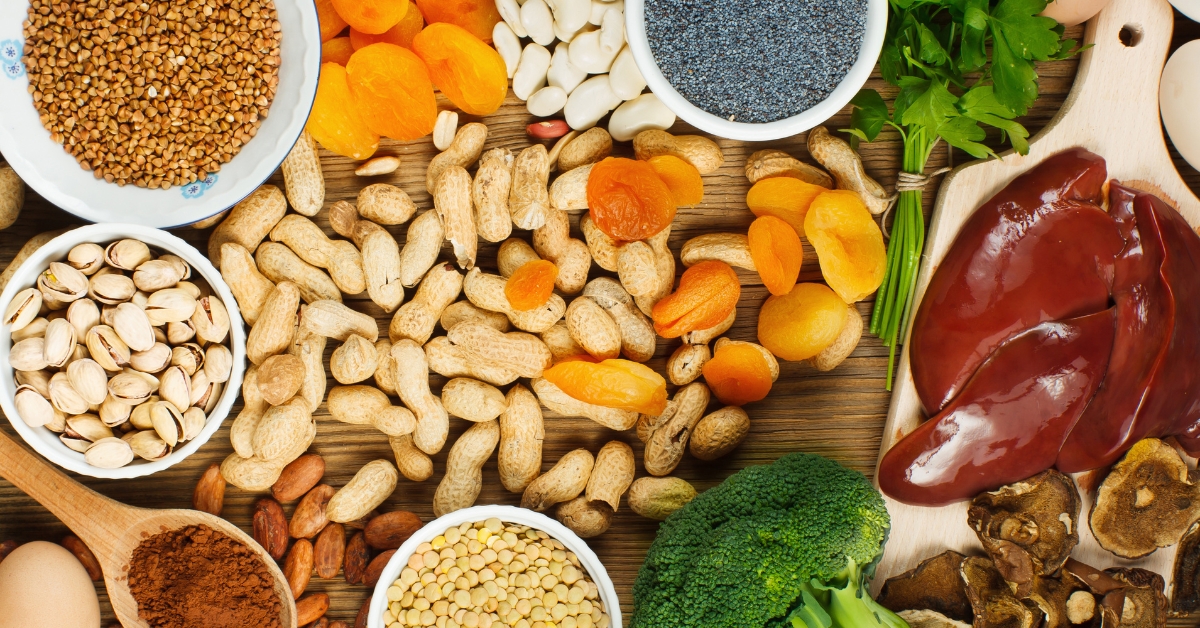
Iron is vital for the production of red blood cells and the prevention of anemia. Incorporate iron-rich foods into your diet, such as lean red meat, poultry, fish, leafy green vegetables, and legumes.
Get Plenty of Calcium

Calcium is essential for the development of your baby’s bones and teeth. Include calcium-rich foods like dairy products, fortified plant-based kinds of milk, leafy green vegetables, and almonds in your diet.
Choose Healthy Fats

Opt for healthy fats like avocados, nuts, seeds, and olive oil. These fats provide important nutrients for developing your baby’s brain and nervous system.
Limit Caffeine Intake

High caffeine consumption during pregnancy may increase the risk of miscarriage and low birth weight. Limiting your caffeine intake to 200 milligrams per day, equivalent to a 12-ounce cup of coffee is advisable.
Avoid Certain Foods

During pregnancy, it is crucial to avoid certain foods that can risk your health and your baby’s health. These include raw or undercooked seafood, unpasteurized dairy products, deli meats, and raw eggs.
Practice Safe Food Handling

To prevent foodborne illnesses, it is essential to practice safe food handling. Wash your hands before preparing meals, thoroughly cook meat and eggs, and avoid cross-contamination using separate cutting boards for raw and cooked foods.
Stay Active

Engaging in regular physical activity during pregnancy can have numerous benefits. Consult with your healthcare provider to determine suitable exercises that can help improve your overall health and prepare your body for labor.
Manage Weight Gain

Weight gain during pregnancy is natural and expected. However, excessive weight gain can increase the risk of complications. Please work with your healthcare provider to establish a healthy weight gain goal and monitor it throughout your pregnancy.
Get Adequate Sleep

Getting enough rest is crucial for your overall well-being during pregnancy. Aim for 7-9 hours of quality sleep per night. Consider establishing a regular sleep routine and creating a comfortable environment conducive to sleep.
Take Prenatal Supplements

Prenatal supplements can help fill nutritional gaps and ensure you and your baby receive essential nutrients. Consult with your healthcare provider to determine which prenatal vitamins suit you.
Seek Professional Guidance

Every pregnancy is unique, and individual nutritional needs may vary. It is essential to consult with a healthcare provider or a registered dietitian specializing in prenatal nutrition to receive personalized guidance and support.
By following these tips, you can maintain a healthy pregnancy diet and give your baby the best possible start.
FAQs

Can I continue with my regular exercise routine during pregnancy?
It depends. It is generally safe to continue exercising during pregnancy, but it’s crucial to consult with your healthcare provider first. They can provide personalized guidance based on your health condition and recommend suitable exercises.
Are there any foods I should avoid completely during pregnancy?
You should avoid certain foods during pregnancy to reduce the risk of foodborne illnesses and potential harm to your baby. These include raw or undercooked seafood, unpasteurized dairy products, deli meats, and raw eggs.
How much weight should I gain during pregnancy?
Weight gain during pregnancy varies depending on pre-pregnancy weight and individual circumstances. Working with your healthcare provider to determine a healthy weight gain goal that suits your needs is best.
Can I drink coffee or other caffeinated beverages while pregnant?
It is advisable to limit your caffeine intake during pregnancy. Consuming high levels of caffeine may increase the risk of complications. Limiting caffeine intake to 200 milligrams per day, equivalent to a 12-ounce cup of coffee, is generally recommended.
Do I need to take prenatal supplements if I have a healthy diet?
Even with a healthy diet, it is recommended to take prenatal supplements. Prenatal vitamins help ensure you and your baby receive essential nutrients, such as folic acid and iron, that may be challenging to obtain through diet alone. Consult with your healthcare provider for specific recommendations.


